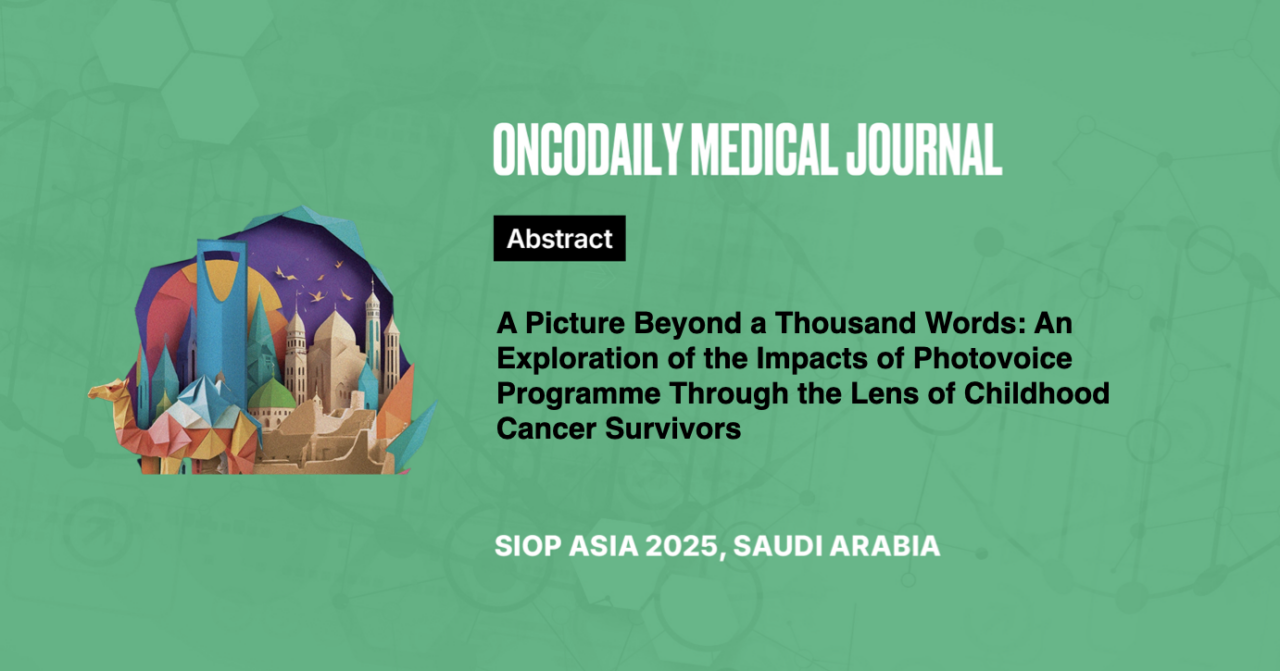A Picture Beyond a Thousand Words: An Exploration of the Impacts of Photovoice Programme Through the Lens of Childhood Cancer Survivors
Abstract
Introduction: Photovoice is a therapeutic programme designed for childhood cancer survivors using photography as a tool to facilitate healing, growth, and meaning-making. This study seeks to understand how childhood cancer survivors have used Photovoice to make meaning in their experiences over time, the areas of growth they have achieved and their perceptions of the programme’s impact on their lives.
Methodology: This study utilised a four-session focus group discussion for data collection. The sessions explored participants’ personal narratives as a childhood cancer survivor who had participated in Photovoice. Through group sharing and discussions, common experiences were elicited, and shared themes were collectively identified. Participants took photographs representing their growth experiences. They selected images and curated photographs that encapsulated the group’s common experiences and identified themes for sharing.
Results: This community-based participatory action research component engages the participants as a partner in research by inviting them to share their lived experiences through photographs and personal narratives. This active involvement of study participants was central to the data collection process and presentation of study findings. Seven survivors who had participated in Photovoice more than once took part in the study. Participants identified three key themes as representative of the collective group experience: reflection and expression, direction and perspective. These themes aligned with the objectives of Photovoice, suggesting that the programme allowed participants to reflect and express themselves and make meaning of their experiences. Additionally, Photovoice facilitated perspective-taking and contemplation of directions in life.
Conclusion: Integrating both visual and narrative elements through photography and voices, Photovoice appears to be a suitable programme that allows for expression and meaning-making among survivors of childhood cancer. The intentional inclusion of study participants to collectively identify themes and share the study findings aim to encourage and empower survivors of childhood cancer to be active participants in the research process.





